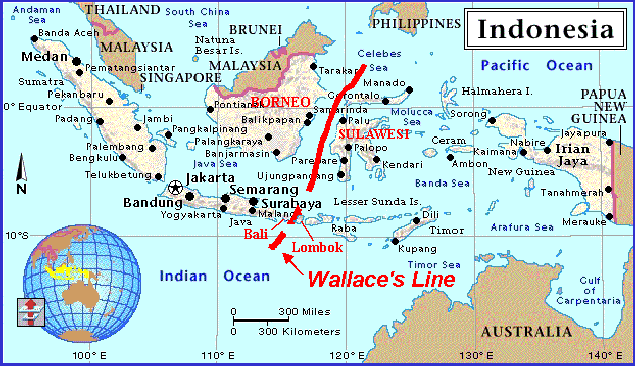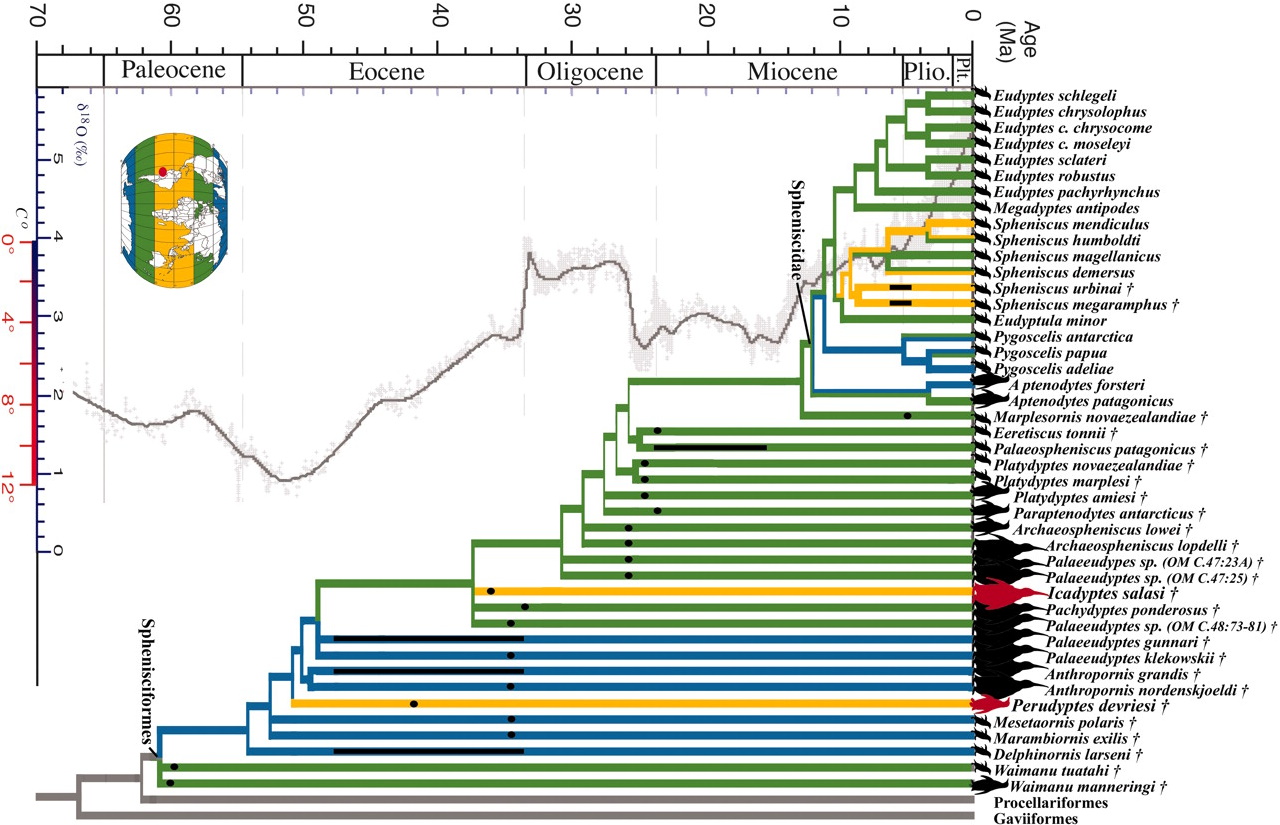Climate change is usually thought of as a great menace to the world’s ecology, but the truth is that climate change isn’t a death sentence for everyone. The rest of the animal kingdom will produce a set of “winners” – those for whom climate change has a positive or negligible impact – and a set of “losers,” for whom climate change means certain doom.
Is there any way to know which species will be winners and which will be losers? Short of a magic crystal ball, the answer is basically no. But we can, at least, make some good guesses. One way in which we might generate predictions is to understand how past climate change has impacted animal populations. While the rate of warming, thanks to human culture, is fairly unprecedented the overall level of warming is not. The last 50 million years has seen periodic oscillations between epochs of relative cold and relative warmth.
By combining geological information with molecular genetics, researcher Gemma V. Clucas of the University of Southampton, and colleagues, set out to see whether historical population shifts in Antarctic penguins could reveal any clues for how they might respond to the current anthropogenic warming. They collected feathers and blood samples from 537 penguins and extracted their DNA. Using their genetic information, the researchers could better understand how the penguin populations changed over time to result in the genetic diversity that we see today.
The researchers focused on the three Pygoscelis species: Adélie, Chinstrap, and Gentoo penguins. They all live in the same parts of Antarctica’s “Scotia Arc,” and have overlapping breeding colonies. As a group, the Pygoscelis penguins live at an important position in the food chain. They’re “meso-predators,” who do quite a bit of predation themselves, but can also get gobbled up by other predators. Thus, the health of their populations reveals important information about the effects of environmental change.
Adélie, Chinstrap, and Gentoo penguins all require ice-free land on which to lay their eggs, and liquid seawater in order to forage for food. As ice retreated at the end of the last Ice Age, oceans opened, non-frozen land became available, and all three penguin species benefited. They expanded their populations, eventually splitting to colonize new breeding sites.
At first glance, the good fortunes of ancestral Pygoscelis might seem like good news for modern penguins. But today’s warming is already showing that all is not well. Adélies and Chinstraps rely on Antarctic krill for a majority of their diets, while the Gentoos also feed on fish and squid. And krill require the underside of sea ice, which serves as a sort of nursery for their young. Decreases in sea ice over the last half century have therefore led to reductions in krill. And that’s a problem, especially for the Adélies and Chinstraps. Gentoos, on the other hand, already seem to be benefitting from climate change, exploring new territories and establishing new breeding colonies.
“What we are seeing is a ‘reversal of fortunes’ where increased warming is no longer good for two out of the three species of Antarctic Peninsula penguins. This research shows quite clearly how a single environmental change, in this case warming, can have different consequences over time,” said study co-author Michael Polito, a Woods Hole Oceanographic Institute post-doctoral researcher, in a statement.
After the last Ice Age, all three species benefited from the increase in available breeding habitats, but this time around, it is only the Gentoos who seem to be in the “winners” circle. Clucas and colleagues suspect that’s because of their more balanced diet. “It seems that climate warming is…only benefitting the more opportunistic and generalist Gentoo penguin, whose diverse and flexible foraging niche likely make this species relatively less sensitive to declines in krill,” they write.
That doesn’t mean that climate change isn’t a problem, of course, just that some species stand to benefit. Only by placing current trends into their historical contexts, though, can scientists begin to make educated guesses as to what the future holds for other animals.
– Jason G. Goldman | 13 June 2014
Source: Clucas G.V., Dunn M.J., Dyke G., Emslie S.D., Naveen R., Polito M.J., Pybus O.G., Rogers A.D. & Hart T. (2014). A reversal of fortunes: climate change ‘winners’ and ‘losers’ in Antarctic Peninsula penguins., Scientific reports, PMID: 24865774
source








No comments:
Post a Comment